Tragic reason the Queen won’t retire despite her health problems
Despite enduring a mystery health crisis and appearing increasingly frail, there’s a major reason why the Queen won’t just simply step back.
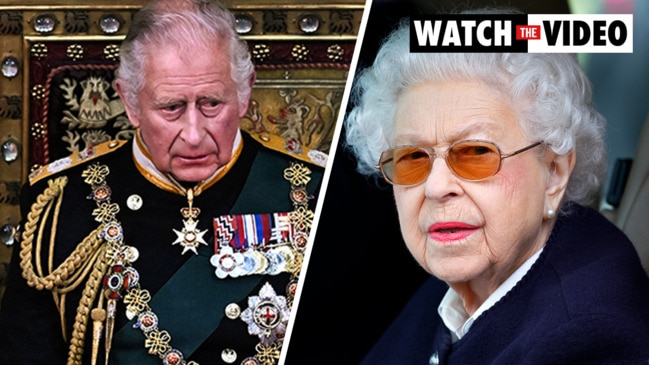
COMMENT
There are some British monarchs who everyone knows – the ostensibly virginal Elizabeth I (cough), dour Victoria, Henry VIII, ‘mad’ King George III – and there are those that only royal obsessives slash diehard fanatics are interested in like Ethelred the Unready, King Stephen and Queen Matilda. (One of my favourites? Lady Jane Grey who was only queen for nine days.)
Going all the way back to King Egbert in 827 there have been 61 monarchs who have ruled over the lands of Britain and England, men and women who have been, by turns, tyrants, idiots, loving parents, murderers, gentle souls, gluttons, sybarites, and a round of history’s most famous ding dongs.
But one thing at least unites them all – none of them have ever retired because of age. To this day there is no such thing as a king or queen having ever stepped back due to their advancing years, creaky hips and all-round, well-earned need of a good, long sit down.
And right now, 1195 years on from Egbert, one person and one person only is bearing the brunt of this standard – our very diligent current Queen.
When it comes to Elizabeth II, we all know the facts and the numbers. She’s the longest-serving monarch in UK history having passed the 70-year mark on February 6 this year. She’s visited 117 countries, dealt with 14 UK prime ministers, met 13 US presidents, and even visited the Eastenders set.
And right now she is stuck; totally and utterly stuck in a miserable liminal space between history and modernity; between the artificial demands of ruling and the very human realities of ageing.
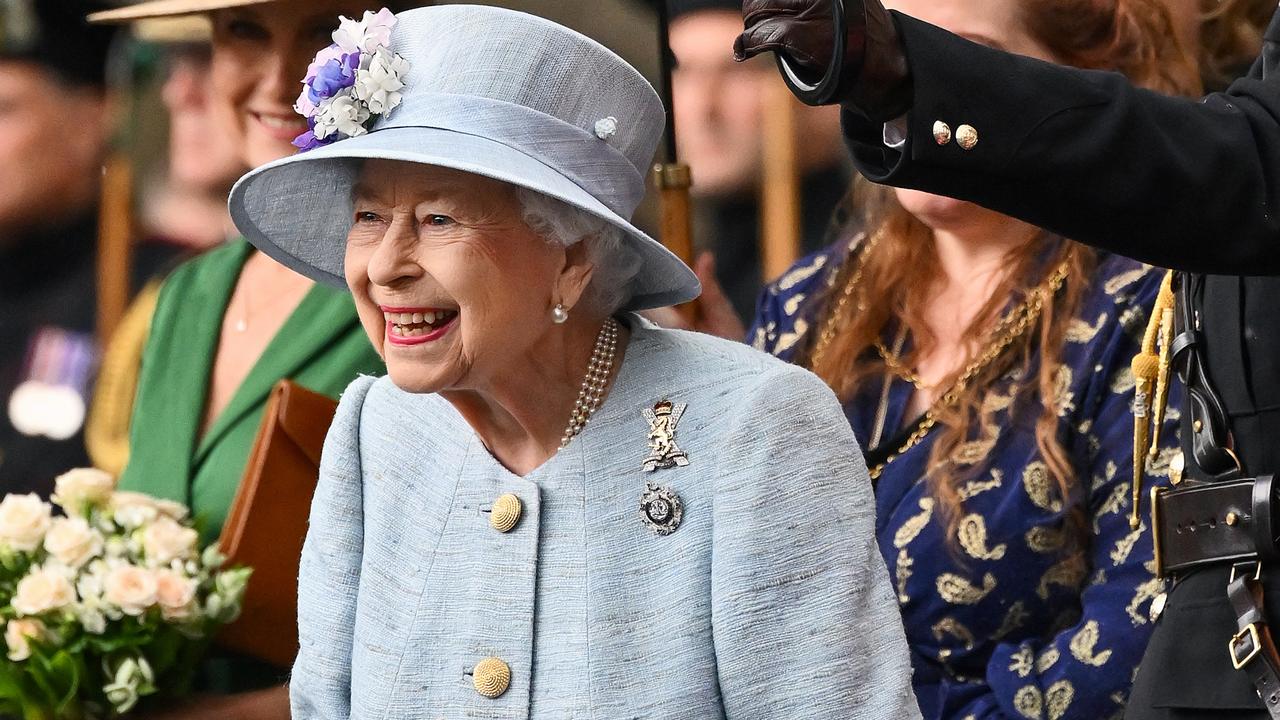
In any other industry or field, a 97-year-old still required by their job to front up and fulfil a slew of duties would constitute some form of elder abuse but the monarchy is nothing if a monstrous institution at times.
We all know that the Queen is clearly not doing so well right now. I have never typed the words ‘cancellation’ and ‘pulled out’ more than in the 10 months since Her Majesty’s health crisis began (or at least came to public attention) in October last year. Nearly all of the formerly immutable events in her diary like the State Opening of Parliament and Remembrance Day have seen Buckingham Palace put out apologetic statements announcing the nonagenarian’s last-minute withdrawal.
In fact, it’s telling that the Queen actually making it to a ceremonial event or engagement is now trumpeted as joyful news and not just expected.
However the House of Windsor is now trapped in a no-man’s-land between the increasingly sorry twilight of the reign of Elizabeth and the ascent of her son Prince Charles, with the 73-year-old now deputising for his mother for nearly all major outings. To a very large extent, the world’s most famous one-time philanderer is now king in all but name.
This is not a winning scenario for any of the involved parties but there is no end in sight to his current mess because there is no mechanism or precedent for regal retirement. There are only two available constitutional options that the Queen has in this scenario and both are equally odious to her.
The one thing the Queen won’t do
The first is abdication, the very move that lumped the young horse-mad Princess Elizabeth with a job she never asked for or especially wanted.
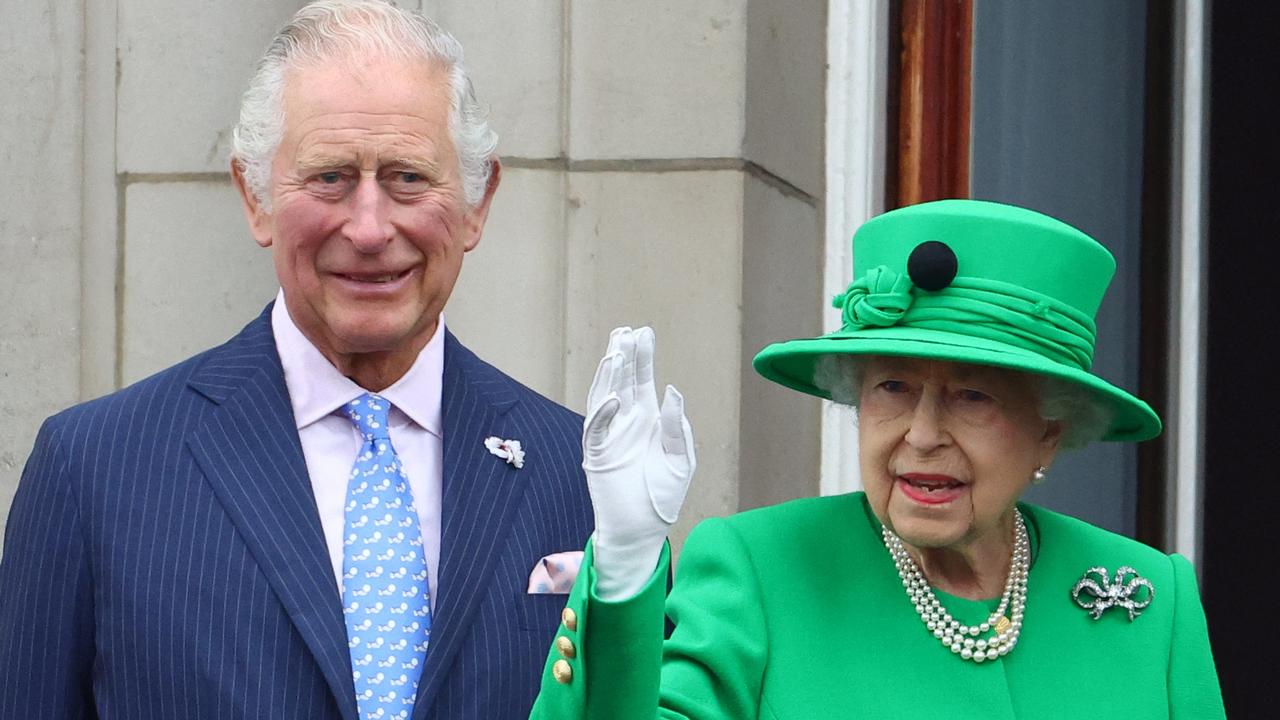
For the Queen, the abdication of her uncle Edward VIII was a cowardly and selfish decision, one which forced his younger brother, the stammering Bertie, onto the throne. The crisis also irreparable and irrevocably shaped her views on this issue. The actions of Edward have meant that Her Majesty does not view abdicating as a dignified stepping back but a dereliction of lifelong sworn duty to serve; an abhorrently self-centred putting of one’s personal needs ahead of the good of the monarchy.
During her coronation in 1953, the Queen swore an oath to God to serve as Queen for her entire life. This is a position from which she has never wavered and like a marriage vow still takes her pact with a higher power deadly seriously. As esteemed royal historian Hugo Vickers put it to the Guardian: “One main reason why the Queen will absolutely not abdicate is unlike other European monarchs, she is an anointed Queen. And if you are an anointed Queen you do not abdicate.”
Where is the Prince Regent?
The other option available to her here would be the institution of a regency under which Her Majesty would remain on the throne however Prince Charles would be formally invested with the powers of sovereign, including being able to appoint prime ministers, sign legislation into law and dissolving parliament.
However there is also the question of whether she would view such a move as an admission of defeat.
While on face value this sounds like an excellent solution, the problem is that regencies have only ever been instituted when a king or queen has been sick, bonkers, or out of the country.
There is no such thing in the history books as a voluntary, dignified regency where everyone walks away smiling and on good terms.
The last time this act was put into action was in 1811 when the dissolute Prince of Wales, later George IV, forcibly assumed power from his ‘mad’ father George III. (These days historians are divided on whether he was suffering from a liver disease called porphyria, bipolar disorder, or something connected with the high levels of arsenic later found in his blood.)
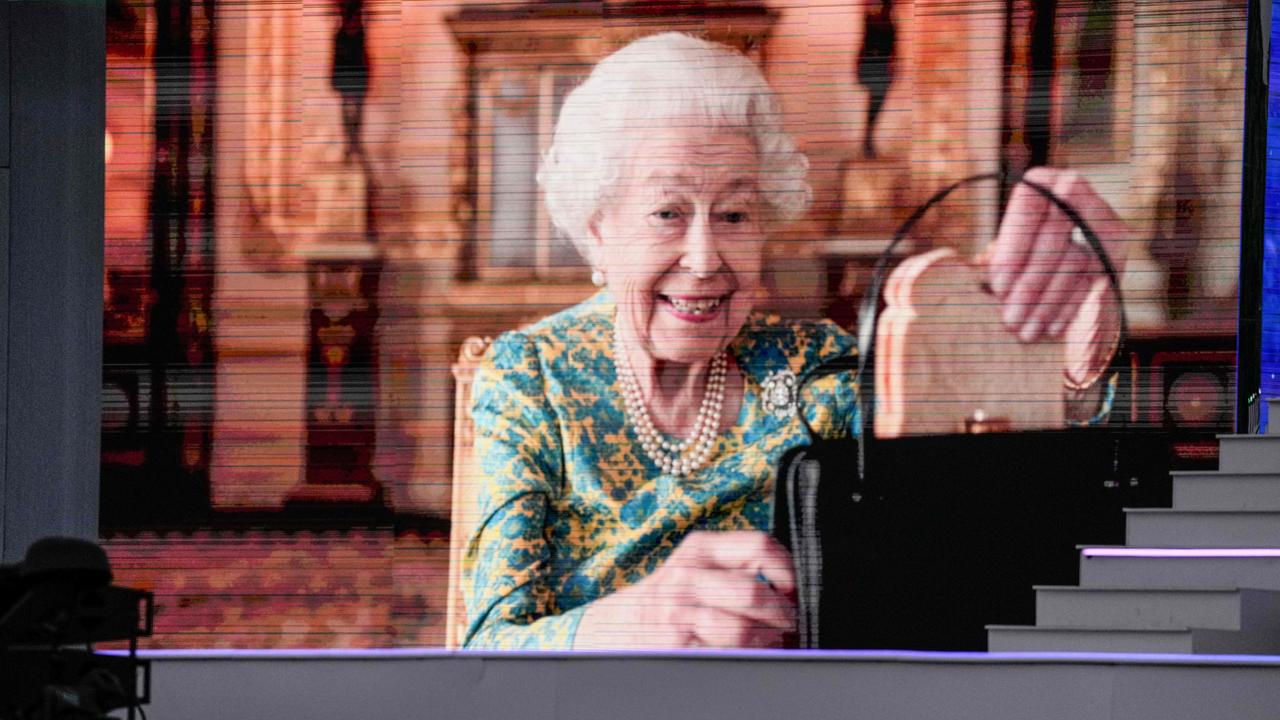
So, thus as it stands that the only options that our Queen has are viewed as a) something she views as detestably self-serving or b) the pulling of the constitutional ripcord and thereby consigning herself to an ignominious list of monarchs who weren’t up to the job.
Is it any wonder then that Her Majesty has gamely carried on despite the fact she is clearly only growing evermore frail?
Looking for a (dignified) exit
Unfortunately for her, she is stuck in a job that comes with exactly zero provisions for any sort of dignified exit aside from the obvious fatal one.
But just because the Queen is staunchly, vehemently opposed to abdication and a regency would be a bitter pill to swallow does not mean they shouldn’t be seriously considered right now by the palace as this increasingly untenable situation drags on.
Because is a Queen who rules largely from her sitting room really a Queen? Is a sovereign who is only ever seen by her people from behind a Zoom screen or in staged photos sequestered away inside a grand country estate really a sovereign?
Yes, both abdication and a regency have more than a whiff to them but surely that is something easily addressed by a smart, well thought out PR campaign and a forthright admission by the royal house that as a woman just shy of signing her own 100th birthday telegram badly needs some respite.
There is not a single, solitary person who would begrudge the great-grandmother being able to spend much more time with her horses, dogs and family (in that order) after a lifetime of unflagging rectitude and service.
In May, the percentage of Britons who thought that she should remain Queen for the rest of her life fell to below the 50 per cent mark for the first time and one-third of people think she should retire.
This is not an unfixable situation but just one that requires dealing with a stubbornly dedicated monarchy and a careful communications strategy.
Which is to say, an abdication or the institution of a regency could be very successfully sold to the public as a well-deserved break and not an egotistical abandoning of a sacred pact.
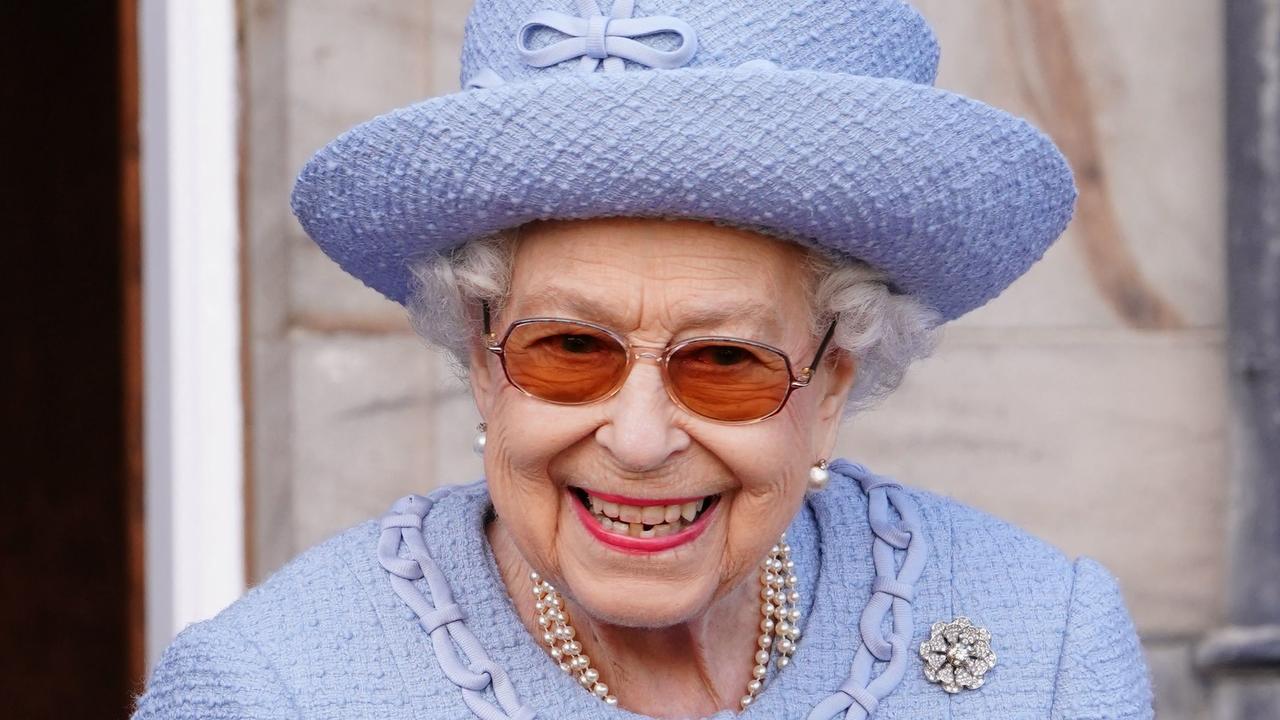
Look to Rome for inspiration
What also should be taken into consideration is that a regency would mean carefully managed transfer of power to Charles which would in turn guarantee that two of the things that the palace is focused on – continuity and stability – are equanimously maintained.
However, a drawn-out diminishment of the Queen, a literally and figuratively shrinking figure on the public stage, will not do the monarchy any favours.
Her Majesty is a woman of faith so she should look no further than Pope Benedict XVI to see how this sort of thing can be done. For nearly 2000 years there have been Bishops of Rome, as they are also called, and being elected to the pontifical office, like the throne, was a job to be done until one’s dying breath. In 2013, Benedict, the 265th to hold the title, broke with millennia of tradition and announced his retirement.
“I have come to the certainty that my strengths due to an advanced age are no longer suited [for the role],” he said at the time.
The Queen is clearly a woman still driven by an abiding sense of duty and a desire to serve, but like Benedict, it’s time for her to admit she is no longer up to the job. There should be no shame in this or any sense of defeat. Instead, turning things over to Charles, either by abdicating or instituting a regency, would be a moment of celebration for an extraordinary woman.
In 2017 when Prince Philip retired at age 97, the exact age his wife is now, he told the BBC: “I reckon I’ve done my bit.” The Queen has clearly ‘done her bit’, well and truly. Her Majesty hardly needs a gold watch, but a good long sit down? It’s definitely time.
Daniela Elser is a royal expert and a writer with more than 15 years’ experience working with a number of Australia’s leading media titles.






